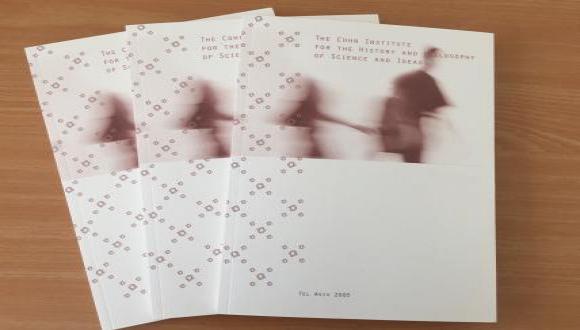Research Seminar December 26th: Andreas Kilcher, (ETH Zürich) - Assimilation and Circulation. A universalistic model of knowledge in 19th Century
Research Seminar December 26th: Andreas Kilcher, (ETH Zürich) - Assimilation and Circulation. A universalistic model of knowledge in 19th Century
This lecture deals with the rise of dynamic concepts of knowledge in 19th century. This rise is rooted in an epistemic change around 1800. Rational or empirical predefined objects yield a collective objectification; they get a product with historical index in society, language and culture. Metaphysical constituents such as truth, world, reason, subject, origin, which had managed 18th century epistemes, gradually corrode. This multilayered dynamisation of knowledge, its order and exchange, is illustrated by the emergence of concepts such as assimilation and circulation. Whereas Enlightenment devalued mimesis in contrast to originality and autonomy and considered man as the key actor of writing and knowledge, in 19th century the processual principles of assimilation and circulation emerged as new and versatile parameters of knowledge. In this paper, I will discuss this with two examples of the 19th century, however apart they may seem at first sight: Novalis’s enyclopedic concept of science and Gabriel Tardes liberal concept of a society of imitation. Novalis – on the one hand – conceived circulation within the Romantic notion of universal relation according to which the most disparate things may be brought together in a complex relationship. With Tarde, in turn, the figures of similarity and circulation gain their role within the liberalistic idea of a universal “law of imitation” that manages natural phenomena as well as society.





